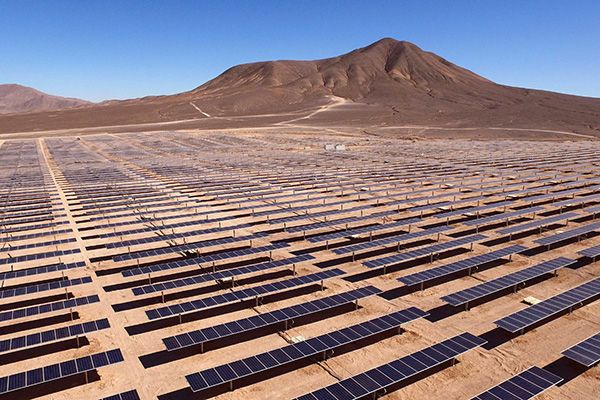The success story of renewable energies would be unthinkable without subsidies. "In 2019, however, the industry will have reached the point where subsidies are no longer necessary," says Markus W. Voigt, Managing Director of AREAM GmbH. "That's why it's a good thing that subsidies are being abolished and the market is taking over." This applies both to society as a whole and to investments in renewable energies.
"Some investors saw the government levies or subsidies as a kind of guaranteed interest rate that provided them with a secure source of income," says Voigt. But this is not a sustainable approach. The more wind or solar parks were built, the more the society's capacity was exhausted. Acceptance declined, and the Renewable Energy Sources Act with its fixed levy became more and more the enemy of electricity consumers. "And even some electricity providers liked to hide behind the argument that green electricity makes everything more expensive when prices were raised," says Voigt.
In this respect, it is right to cut financial support for good. "The political support is still there and further steps are certainly conceivable here," says Voigt. "But the industry doesn't need more money.
Particularly since it is a misjudgment to regard state subsidies as stable. "We can see how quickly political convictions change, both with the nuclear phase-out and the coal phase-out," says Voigt. On the other hand, market prices are easy to calculate, even in the long term. "It may be that the fluctuations in prices are higher overall, but that also applies to the overall price level." In any case, the industry has grown up and no longer needs start-up financing.
Investments in solar or wind farms therefore pay off even without support. "In Italy we see that the operators of the parks have concluded their own contracts with customers after the abolition of the feed-in obligation," says Voigt. "In our own portfolio, the yields in Italy have not fallen as a result, but have actually risen". The same applies to Spain, where the state is now also relying on market pricing.
"For investors, this means that although the revenues are no longer fixed from the outset, they may well be higher than expected," says Voigt. One reason for this is that the demand for certified green electricity will far exceed the supply in the coming years. "If all the companies that have announced this over the past weeks and months actually switch to green energy, demand will increase by leaps and bounds, but supply will only be able to expand at a much slower rate," says Voigt. "At least until renewable energies cover the lion's share of electricity demand, green electricity will be more expensive than carbon electricity."
PRESSEKONTAKT:
Leandra Kiebach
T: +49 (0)211 30 20 60 4-2
E: lk@aream.de
